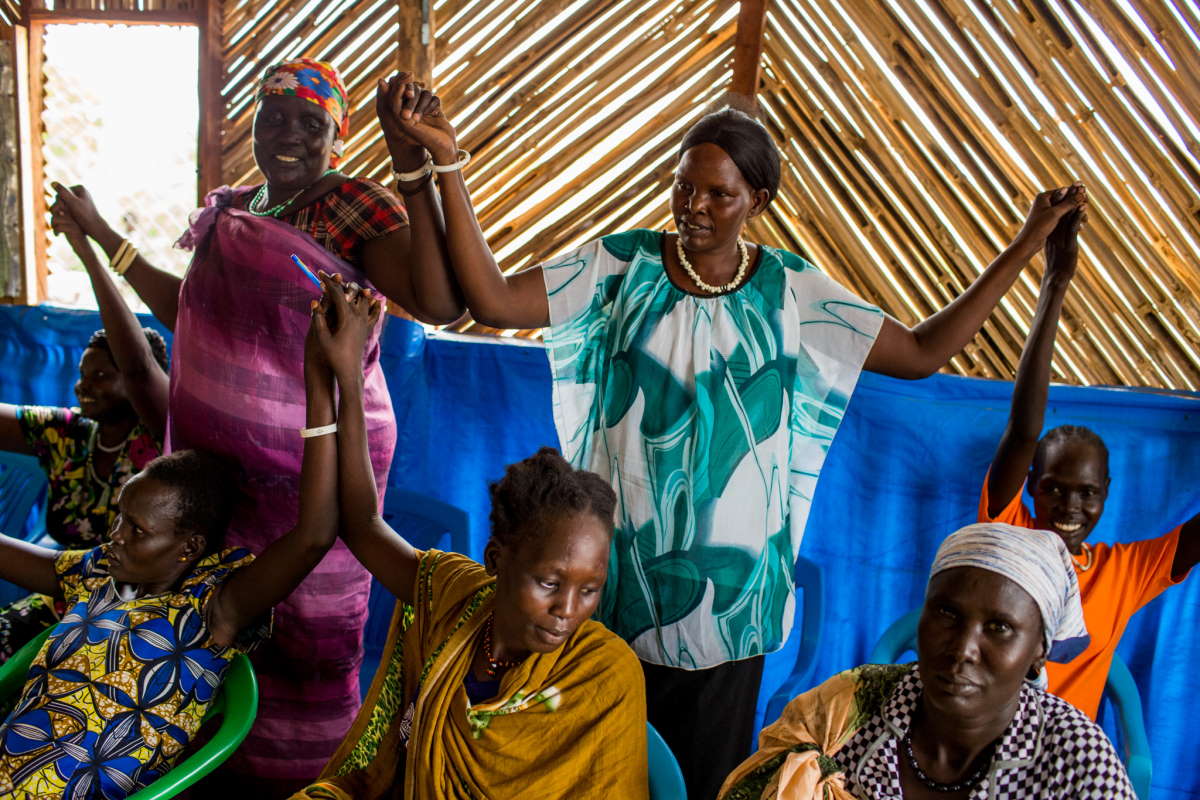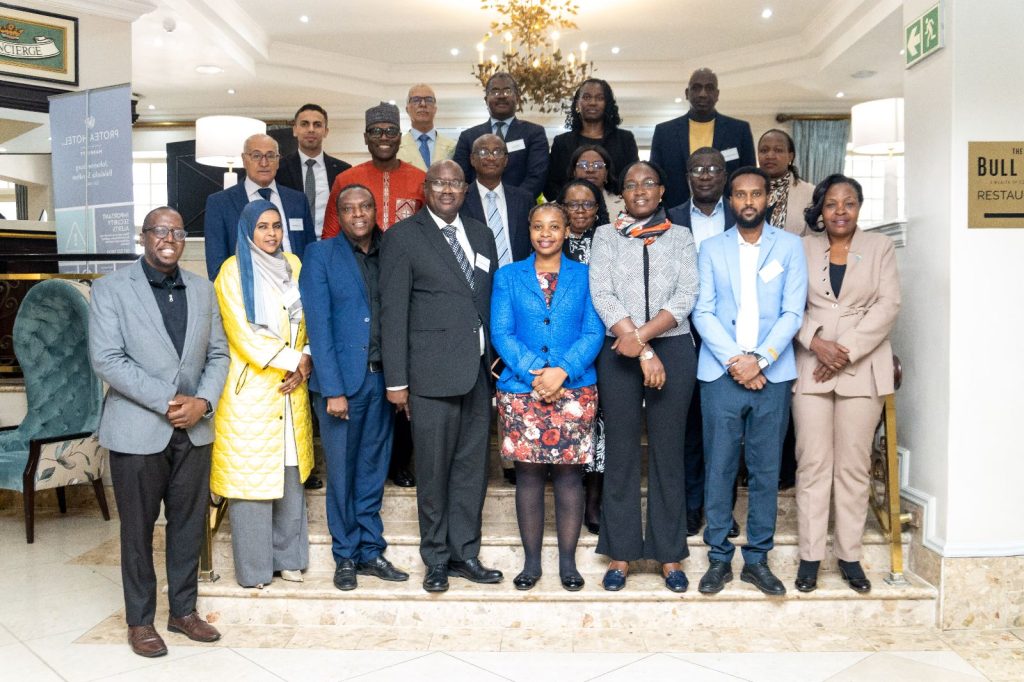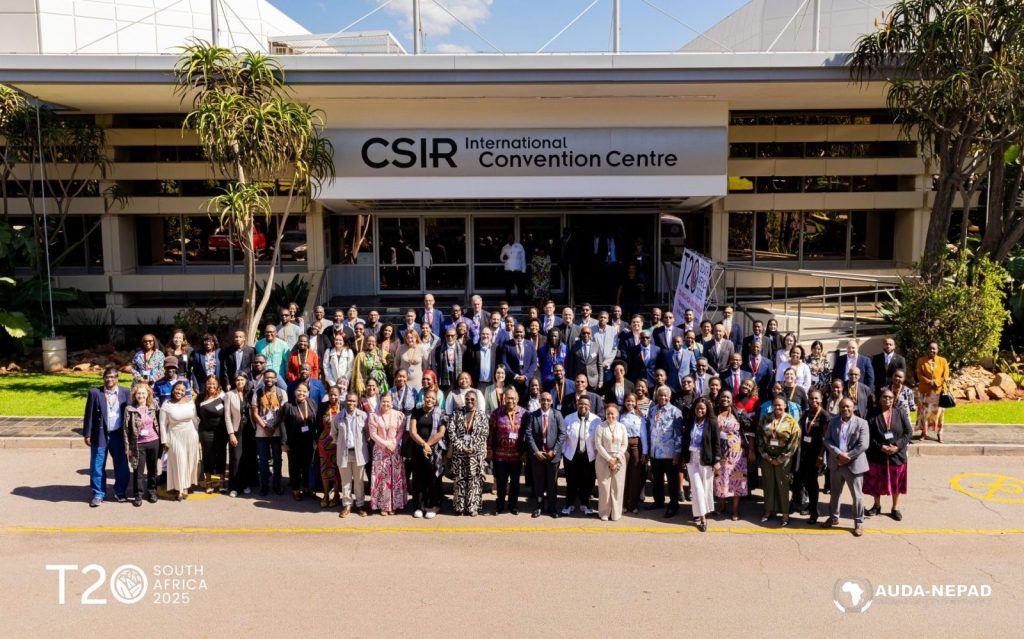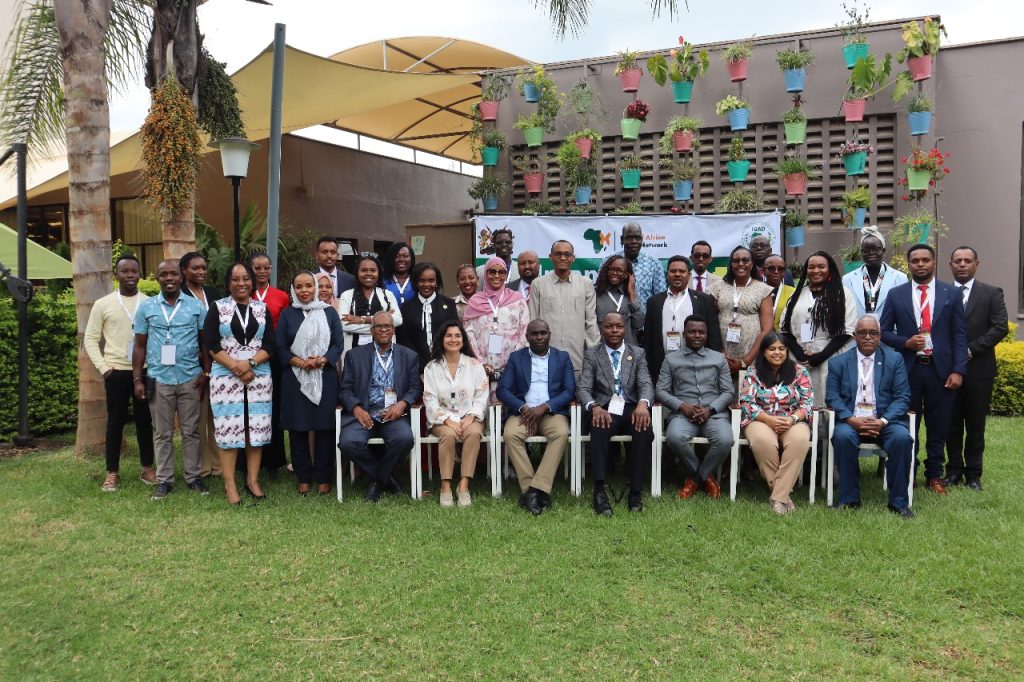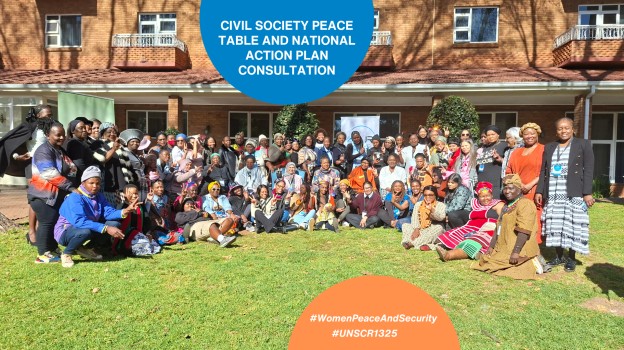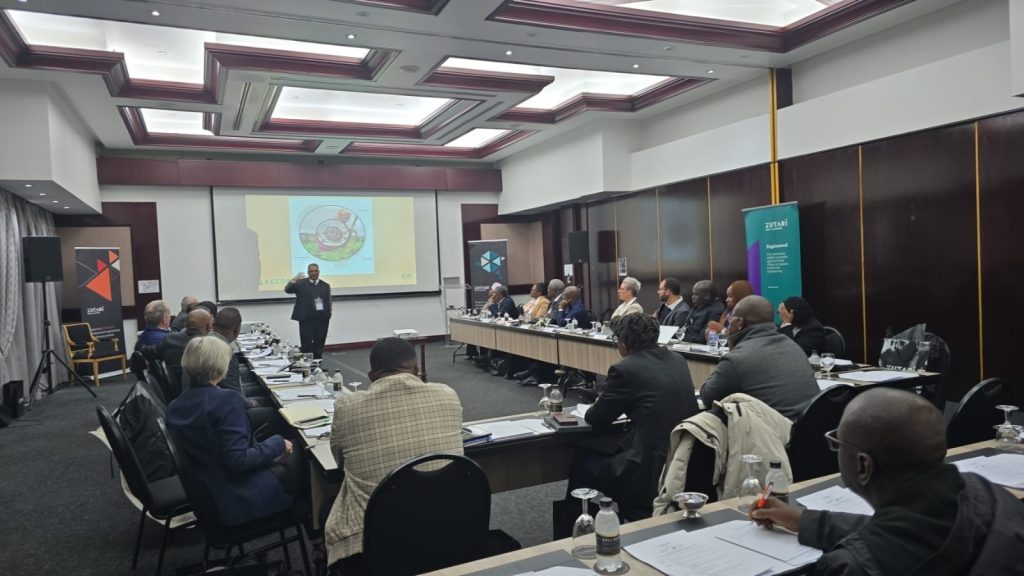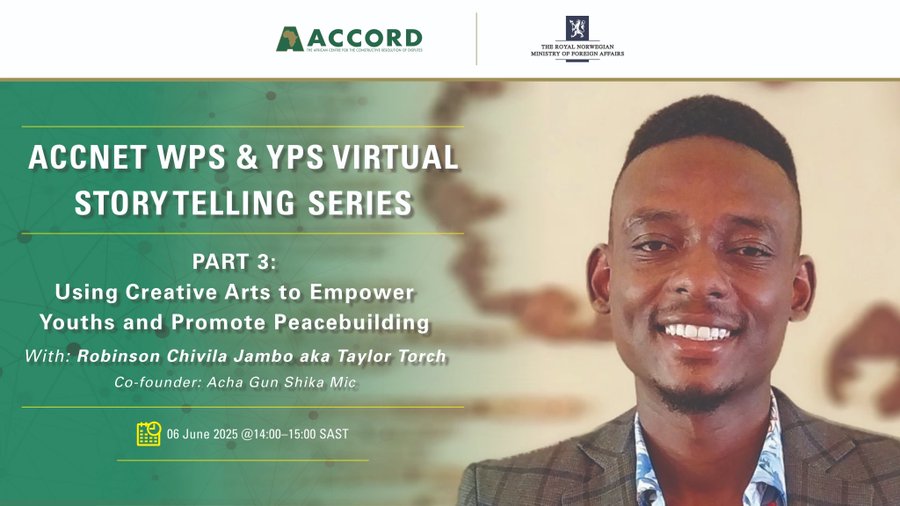ACCORD’s Women, Peace and Security Advisor, Ms. Pravina Makan-Lakha participated in an online dialogue discussing peacebuilding during the COVID-19 pandemic.
On the 17th of June 2020, Ms. Pravina Makan-Lakha participated in Uppsala University’s Online Sessions in Dialogue and Mediation for Sustaining Peace. Ms. Makan-Lakha participated in a panel on the final day of the event in the session on Experiences from the Local to the International: Peacebuilding in the Time of Corona.
The Online Sessions in Dialogue and Mediation for Sustaining Peace were organised and hosted by The Dag Hammarskjöld Foundation and the Uppsala University’s Department of Peace and Conflict Research (DPCR) and ran from 12-17 June 2020. The sessions offered online lectures and seminars as part of the DPCR’s efforts to promote and explore dialogue and mediation in peacebuilding and sustaining peace, based on the work done by the DPCR. The session on Experiences from the Local to the International: Peacebuilding in the Time of Corona focussed on how peacebuilding has progressed, where it has succeeded and experienced challenges during the realities of the COVID-19 pandemic.
During the panel discussion, Ms. Makan-Lakha discussed the seven trends that ACCORD has identified where COVID-19 may exacerbate or cause conflicts, namely crime related incidents, cross border/inter-state tensions, domestic and gender-based violence, livelihood insecurity and economic impact, political unrest and violence, stigmatisation and discrimination and trust between citizens and institutions. As such, the pandemic has the potential to accelerate the existing trend of conflict localisation as well as other aspects of people’s lives in social, political and economic ways.
Given these trends, Ms Makan-Lakha argued that the COVID-19 pandemic has likewise had, and is having, an impact on peacebuilding on the African continent in following identified areas:
- Mobility- peacebuilders are limited in their ability to travel, both locally and internationally due to COVID-19 travel regulations seen across Africa and the world.
- Funding- the Corona virus has seen funding re-diverted to tackle the virus and the economic impact that it is having away from peacebuilding missions.
- Effectiveness- due to the first too, the effectiveness of peacebuilding missions will be impacted as people cannot gather together, internet connections are at times poor and quarantine periods are required after travel.
A trend of increased domestic violence has also been observed and may be due to a number of factors including: women and girls being trapped with their abusers during the lockdown period; the underlying trend of women and girls not being seen as equal to men; and the removal of the safe space schools may offer to as an opportunity to get away from their abusers during school hours. The following recommendations were made as part of the solution to deal with domestic violence:
- Shelters and hotlines being adopted as essential services during lockdowns.
- Funding must be made available for shelters and places of care for victims of domestic and gender-based violence through disaster management budgets.
- Reporting on domestic and gender-based violence during COVID-19 must be a standard reporting procedure for every country.
- Future planning in the COVID-19 context should take into account a gendered approach.
- Knowledge at a local and community level must be used to inform the responses to domestic and gender-based violence.
- The need to address the root causes of domestic violence through female empowerment.
Ms. Makan-Lakha concluded by sharing that women and the youth are the backbone of building resilience in communities and support for them is important especially at a local level. There is also a need to address human development and the root causes of conflict, while also building trust between people and governments as it is through collaboration that the spread of the virus can be arrested.

